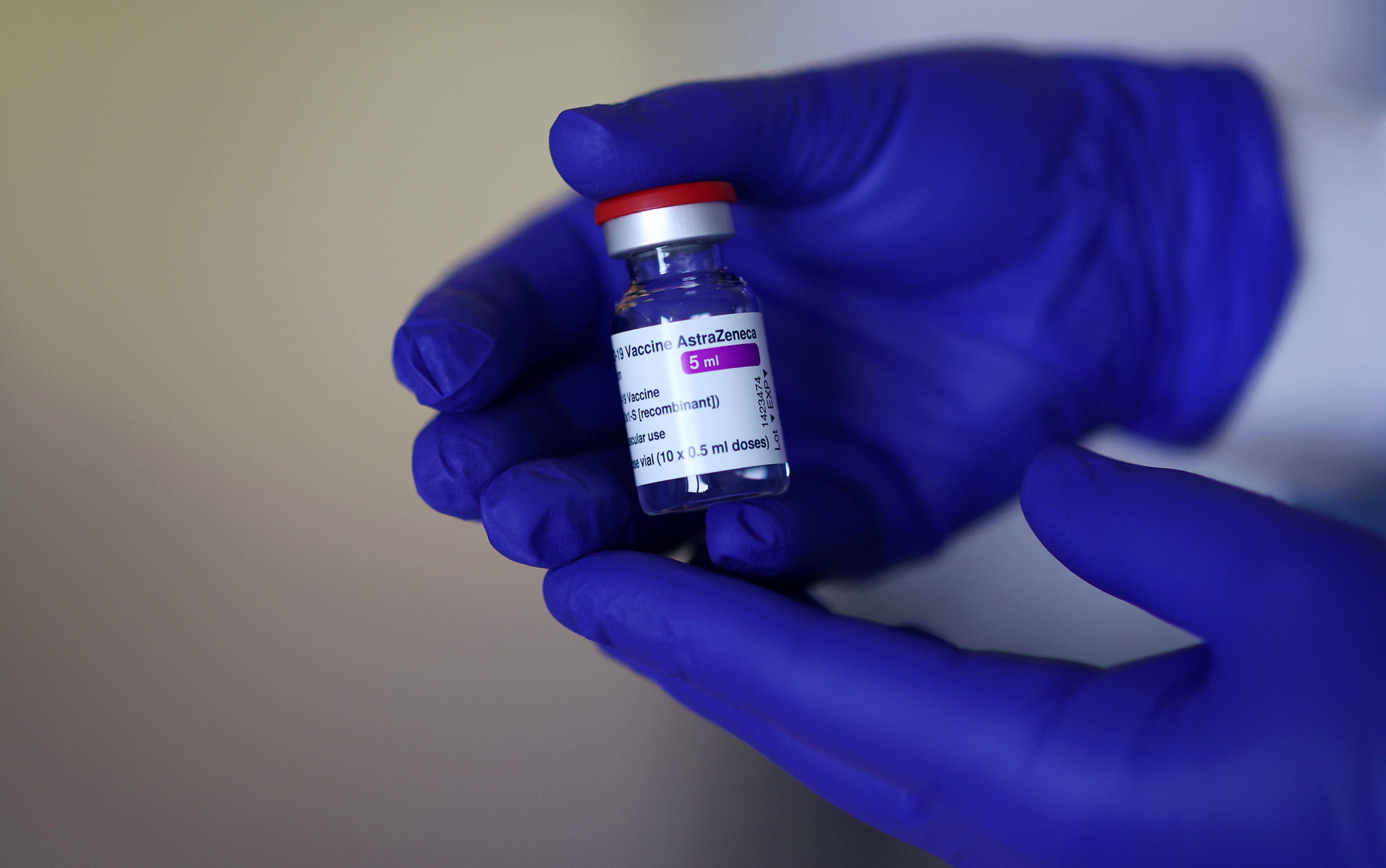There have been 384 new cases and no further deaths related to COVID-19 confirmed this evening by the National Public Health Emergency Team (NPHET).
The latest figures bring the total amount of cases here to 226,741, while the number of coronavirus-related deaths stands at 4,534.
Of the latest cases, 73% are under 45 years of age, while the median age is 31 years old.
Regarding the nationwide distribution of cases, 145 are in Dublin, 41 in Kildare, 37 in Offaly, 29 in Galway, 24 in Cork and the remaining 108 cases are spread across 17 other counties.
As of 8am today, 349 people are now receiving treatment in hospital for the virus after 17 new admissions in the past 24 hours.
Of those patients, 86 are in ICU, up from 85 yesterday.
The 14-day incidence rate per 100,000 of the population now stands at 150.7.
As of Thursday, 589,512 doses of the COVID-19 vaccine have been administered in Ireland.
426,819 people have received their first dose, while a second dose has been given to 162,693 people.
 A doctor shows a vial of the AstraZeneca vaccine. Photo: Ronny Hartmann/dpa
A doctor shows a vial of the AstraZeneca vaccine. Photo: Ronny Hartmann/dpaTemporary suspension of AstraZeneca vaccine
It comes as the National Immunisation Advisory Committee (NIAC) has recommended that the use of the AstraZeneca COVID-19 vaccine in Ireland should be "temporarily deferred".
The advice comes following information from the Norwegian Medicines Agency of four new reports of "serious blood clotting events" in adults after the vaccine had been administered.
In a statement, the Deputy Chief Medical Officer Dr Ronan Glynn said "it has not been concluded that there is any link" between the AstraZeneca inoculation and these cases.
Chairperson of NIAC, Professor Karina Butler, told Newstalk that temporarily suspending the AstraZeneca vaccine was a difficult decision, but it was the safest thing to do.
"Above all, we want to maintain confidence in the vaccine programme so that people can feel that what they're getting is safe, that any serious safety signal is being thoroughly investigated, and if they're getting the vaccine they can know that it is the absolute best thing for them to do at that time," she said.
"So very difficult to pause, but the right thing to do at this point in time.
"We felt that the safest thing to do was to pause and we hope that pause will be a very short pause."
Main image: Dr Ronan Glynn, Deputy Chief Medical Officer at the Department of Health. Photo: Sasko Lazarov/Rollingnews.ie














